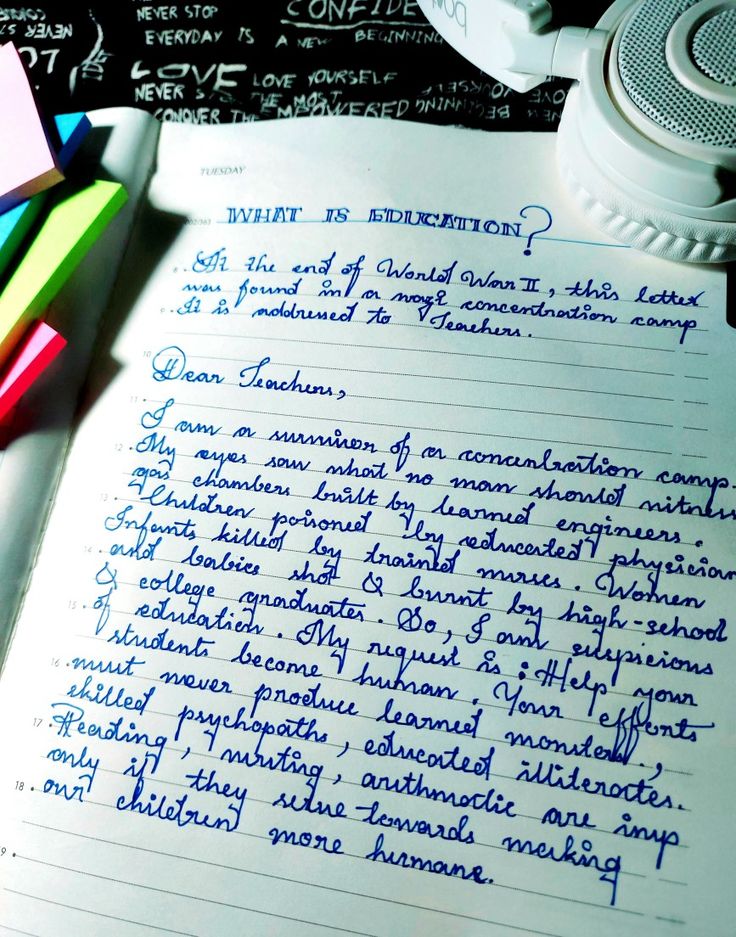The question of what is education is a complex one. There are several different schools of thought. One approach is known as the progressive model, while the other is known as the formalist model. The former emphasizes the child’s internal development while the latter emphasizes formation from the outside, through immersion in a culture, transmission, telling, and induction of its established ideas. While both are valid perspectives, one cannot claim to be right or wrong.
Purpose
In addition to empowering the individual, the purpose of education is to create a better society and promote the success of students. Education provides people with the skills and knowledge they need to become productive members of society. Education also helps students form social bonds and contribute to their communities. Regardless of how you define the purpose of education, the following reasons make it necessary. Listed below are some benefits of education. We hope you find them useful!
The purpose of education helps young people acquire knowledge and skills needed for the workforce. In addition, it prepares them for their future by cultivating their cognitive, affective, and social styles. The development of these skills and attributes helps students develop positive habits and attitudes towards life. Ultimately, education prepares students to be useful and beneficial citizens. If we are to understand the purpose of education, we must begin with how it improves our communities.
Objectives
The primary objective of education is to develop human personality. The development of an individual’s personality enables him to be useful in the social, political, economic, and spiritual worlds. Through education, children are given opportunities to develop their creativity. In addition, education provides the children with the knowledge and skills needed to be independent learners. Children who receive quality education are more likely to become good citizens. Listed below are some of the most important objectives of education:
Learning objectives are descriptive of student learning outcomes. The objective must be student-oriented, observable, and developmentally appropriate. Unlike the learning outcomes, the objectives should not describe the activities students will perform during the lesson. Though the latter may be important for the student’s learning process, the former are intended to guide and plan the lessons. In addition to writing learning objectives, teachers should conduct continuous assessments of students’ progress. Developing an individualized, flexible assessment system will help teachers and educators measure how well they are achieving their goals.
Lesson plans
A good lesson plan has a clear beginning and end that engages students’ attention. It focuses on the subject matter and includes activities based on standards-based curriculum. These activities may include a challenging question, quick survey of attitudes, or a movie clip or other media device. These activities will review prior knowledge and experiences. Moreover, they will help students connect what they’ve learned to their everyday lives. Hence, lesson plans are an integral part of education.
The structure of a lesson plan should begin with the purpose of the lesson. It should state the age, grade, subject, and intended audience. It should also specify whether the lesson will be given during a single period, week, or unit. In some cases, lesson topics may emerge from student questions, resources, or local expectations. But in any case, lesson plans should clearly define the steps that will occur in the classroom.
Curriculum
The concept of curriculum is not a new one. It was first used by ancient Romans to describe the way in which a country’s education was to be managed. Since that time, the concept of curriculum has been used in various countries and cultures to guide their education. However, it is not well known how curriculum is actually governed or controlled. Here, we will discuss how it is defined in the Educational Act. Its definitions may seem vague, but they are important in understanding how a curriculum can affect education.
The term “curriculum” is a little fuzzy, lying somewhere in the middle between super-practical lesson plans and abstract standards. Often, it is content-based and embodies “what” of teaching. But when a curriculum is too content-rich, it is more likely to be taught with a traditional approach. Similarly, curriculum with too many targets and too much content tends to be taught in a lecture-centered manner.

